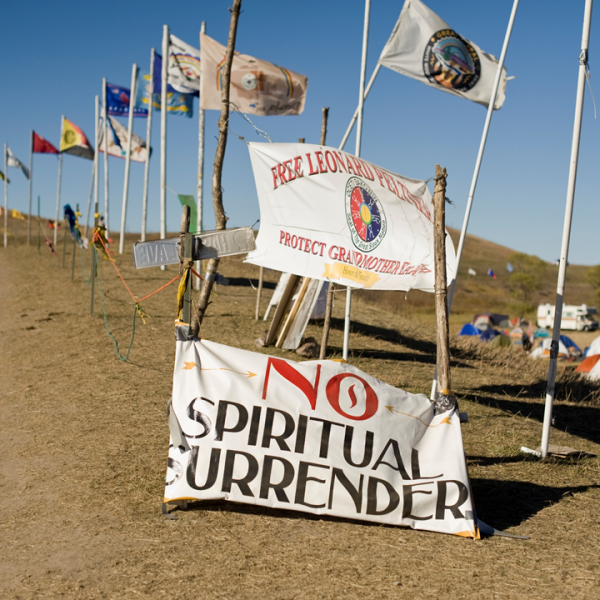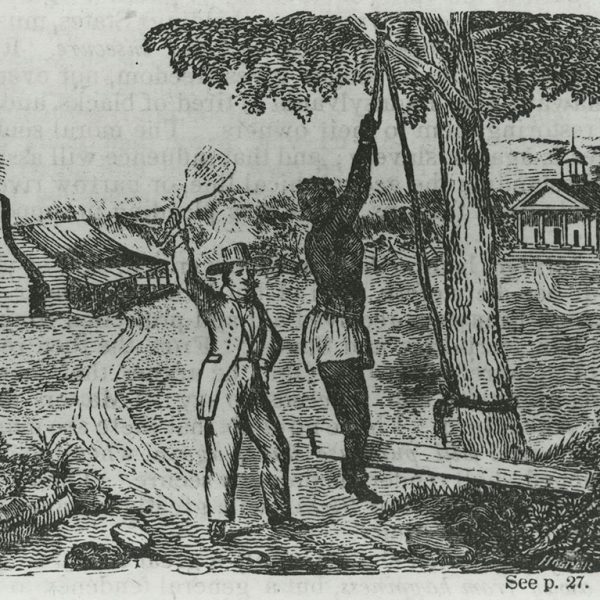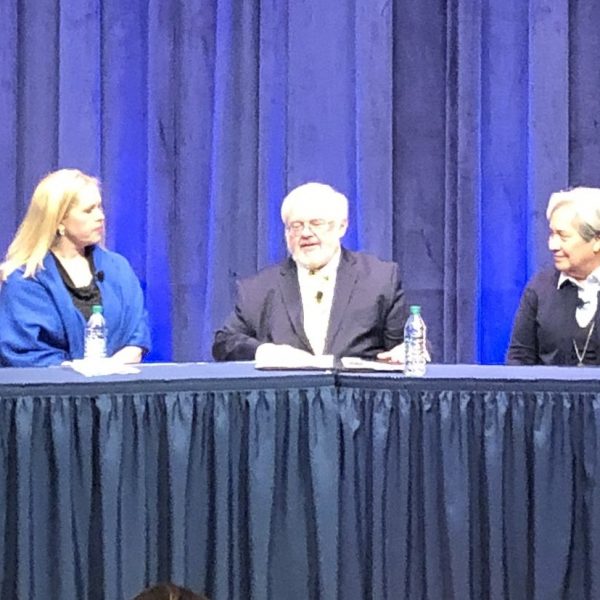
For the very reasons that religious freedom discourse is powerful, arguments made in its register, especially as they stretch the indeterminacy of religion in the directions of collective rights, should appropriately be on the table in Native peoples’ efforts to protect what is sacred to them.
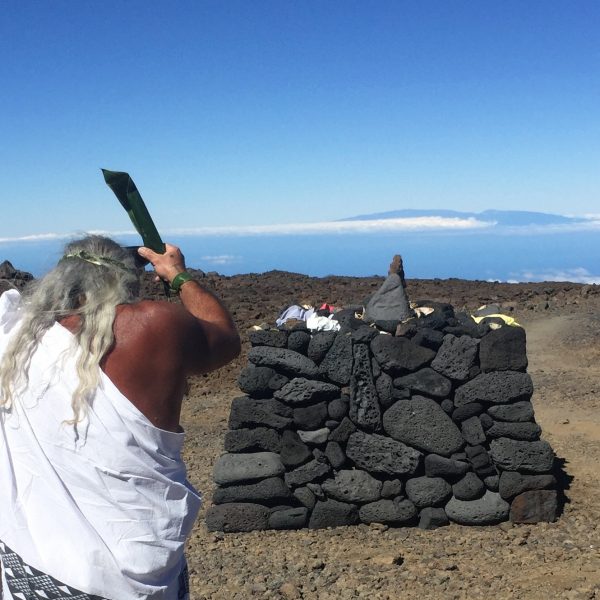
By auto-jurisdiction, I mean to convey the ways people look past the putative authority and mechanisms of prevailing jurisdictions and, alternatively, invoke the authority of tradition as long-term grounded experience in order to construct and speak forth their legitimacy.
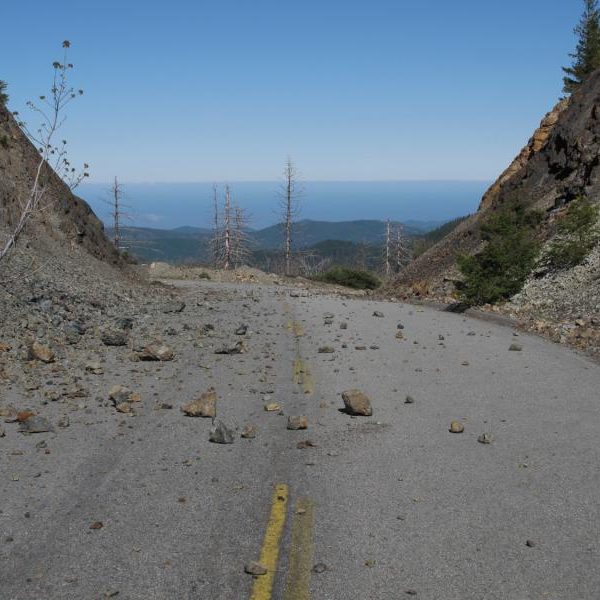
Neither the government nor the Court doubted the religiosity of the practice for which the Yurok, Karuk, and Tolowa nations sought protection. Yet, arguments about religious freedom obscured the true issues at stake and the need for sovereign freedom.
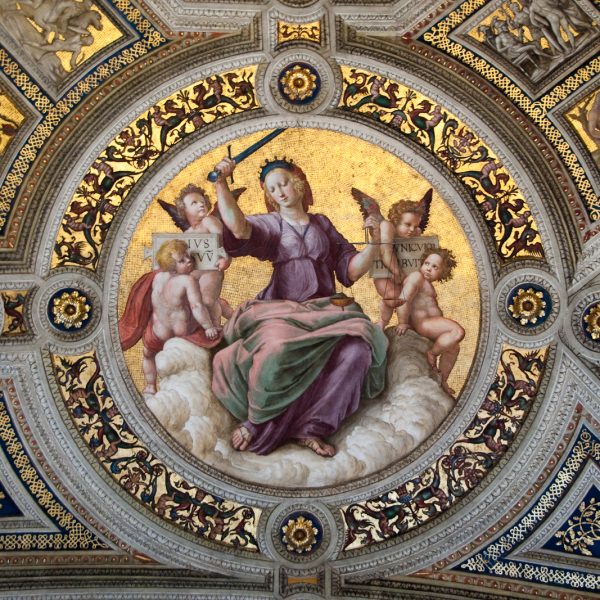
The familiar standards of “innocent until proven guilty” and “beyond a reasonable doubt” are meant to protect people from false accusations, but also contribute to the assumption that should doubt the stories of victims of assault and harassment, even when we know these crimes are depressingly common. The Christian preferential option for the poor, however, means that we should have a preferential option for victims, meaning that our presumption is to believe in and side with the victims of assault and harassment in the church and the public arena.
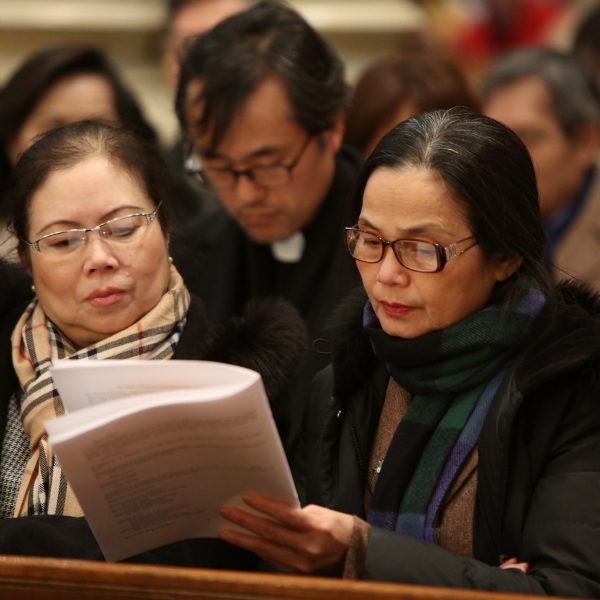
Although recognizing the discrimination faced by Chinese and Japanese Americans in the past, Open Wide Our Hearts could say more on the experience of Asian Americans as “model minorities” within the system of white racism.
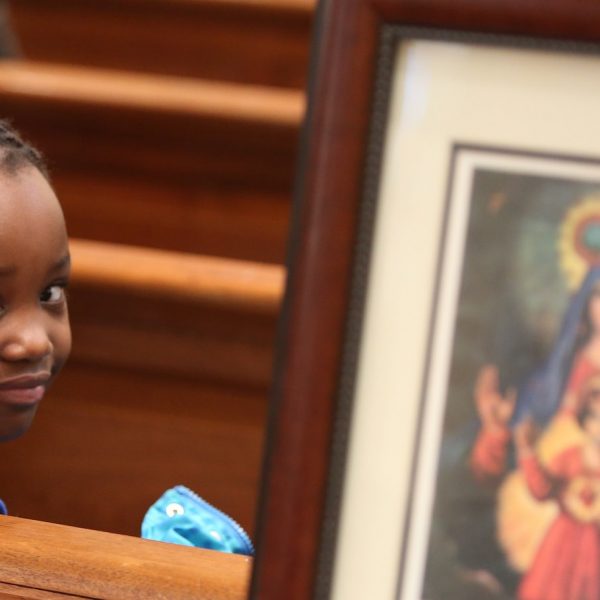
The United States Catholic bishops’ recent pastoral letter on racism shows how racism has been woven into the history of the US, and is honest about the Church’s past complicity in that racism. It says less about how Catholics today can combat systemic racism, but offers hope for fruitful dialogues throughout the country.
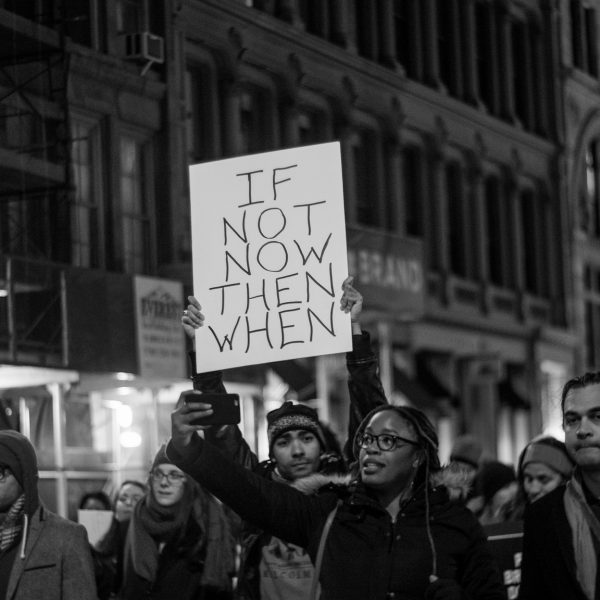
In Open Wide Our Hearts, the US Catholic bishops successfully describe how racism has historically been at the heart of American life, but the pastoral letter emphasizes personal conversion at the expense of structural transformation.
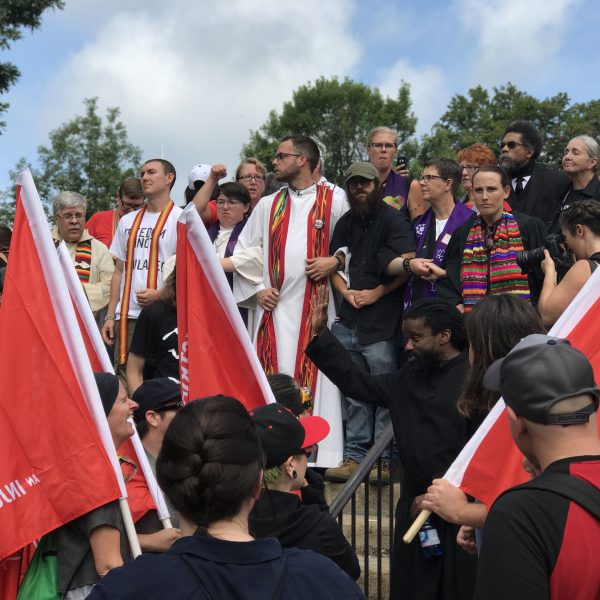
The US Catholic bishops’ pastoral letter Open Wide Our Hearts seeks to assuage white guilt rather than inspire a courageous stand against white supremacy.
